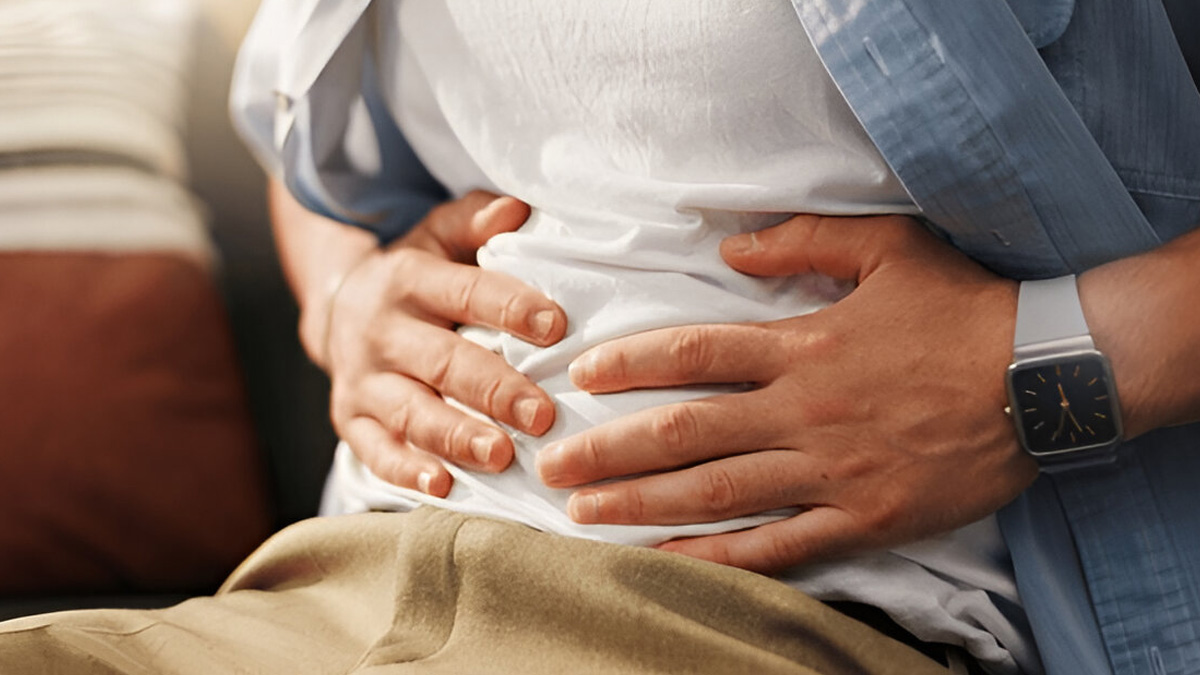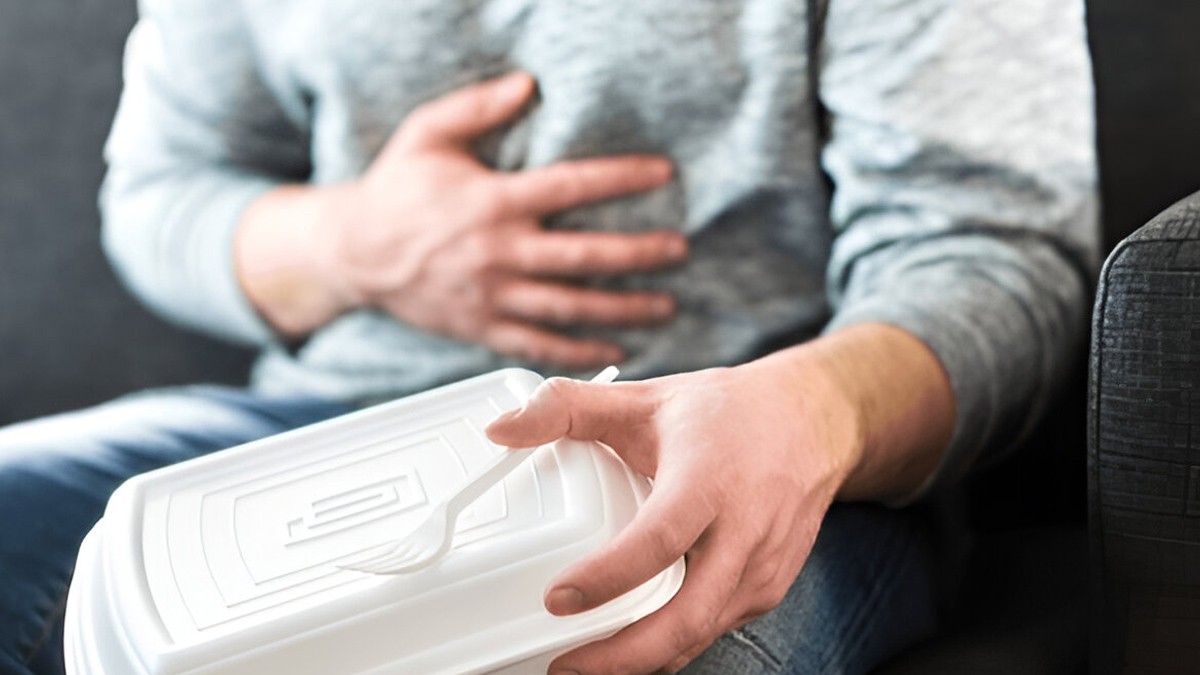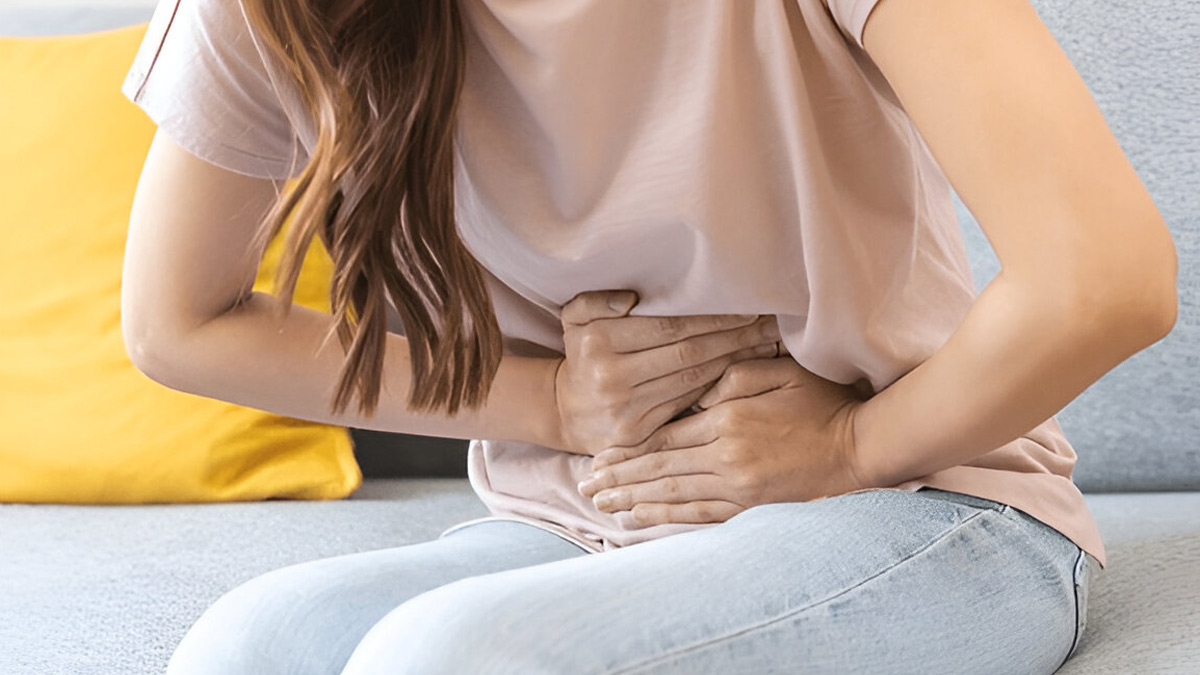
According to reports, as many as 120 crew members of Bollywood actor Ranveer Singh's 'Dhurandhar' have been hospitalised in Leh due to food poisoning. The patients reportedly suffered from severe abdominal pain, vomiting, and headaches after consuming a meal. The crew members were immediately admitted to the Sajal Narbu Memorial (SNM) Hospital in Leh for treatment, where doctors have confirmed food poisoning as the main cause. Apparently, over 600 crew members had eaten the same meal.
Table of Content:-
As of now, the hospital authorities have confirmed that there were no casualties. "Our doctors were called in for the emergency, as the patient rush was very high. By the end of the day, we had about 120 admissions. The situation was handled well, and all of them have been treated," the medical superintendent at the SNM Hospital told ANI.
Reports suggest that their condition has stabilised, and they are expected to be discharged soon.
Also Read: Some Food Poisoning Can Be Contagious: 5 Tips To Prevent It From Spreading
What Causes Food Poisoning?

Food poisoning, also known as foodborne illness, is an infection caused by consuming food or drinks contaminated with harmful bacteria, viruses, parasites, or toxins. These contaminants can enter the food supply at various stages, from growing and harvesting to preparation and storage.
Some of the common culprits are salmonella, E. coli, listeria, campylobacter, staphylococcus aureus, and clostridium botulinum. Norovirus and rotavirus are also known to cause food poisoning.
Common Symptoms Of Food Poisoning
According to the US Centers for Disease Control and Prevention (CDC), the most common symptoms of food poisoning are:

- Diarrhoea
- Stomach pain or cramps
- Nausea
- Vomiting
- Fever
"If you have diarrhoea or vomiting, be sure to drink plenty of fluids to prevent dehydration (not having enough water in your body)," the health body advises.
When To Seek Immediate Medical Help
When it comes to food poisoning, things can take a severe turn if the illness is not managed on time. Some of the warning signs that warrant immediate medical attention include:
- Bloody diarrhoea
- Diarrhoea that lasts more than 3 days
- High fever (temperature over 102°F)
- Vomiting so often that you cannot keep liquids down
- Signs of dehydration, which include not urinating (peeing) much, a dry mouth and throat, and/or feeling dizzy when standing up
Also Read: Monsoon Maladies: Expert Shares 7 Foods To Absolutely Avoid
What Crucial Precautions Should You Take To Prevent Food Poisoning?
To prevent food poisoning, focus on thorough cleaning, proper cooking, safe food handling, and prompt refrigeration. Here are some safety measures you can take to prevent food poisoning:

- Wash hands frequently by using soap and warm water for at least 20 seconds, especially before and after handling food, after using the restroom, and after touching raw meat.
- Clean surfaces and utensils, including chopping boards and countertops.
- Separate raw and cooked food to prevent cross-contamination.
- Cook food thoroughly, especially ground meats like burgers and sausages,until they are no longer pink inside.
- Cook eggs until the yolk and white are firm.
- Refrigerate perishable foods promptly.
- Thaw food safely in cold water, changing the water every 30 minutes.
- Don't leave food out at room temperature for extended periods.
- Discard spoilt and expired food.
Conclusion
Anyone can have food poisoning. With the monsoon at its peak, foodborne illnesses become more common than ever. However, as long as you follow food safety measures and ensure proper hand and food hygiene practices, you may be at a lower risk. If you experience any symptoms of food poisoning, make sure to consult a doctor and seek immediate treatment.
Also watch this video
How we keep this article up to date:
We work with experts and keep a close eye on the latest in health and wellness. Whenever there is a new research or helpful information, we update our articles with accurate and useful advice.
Current Version
